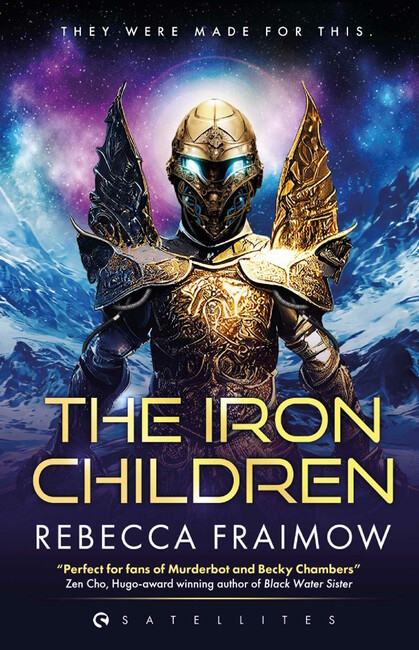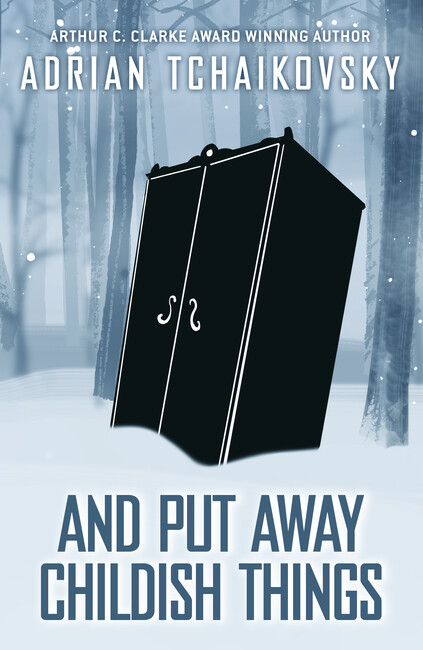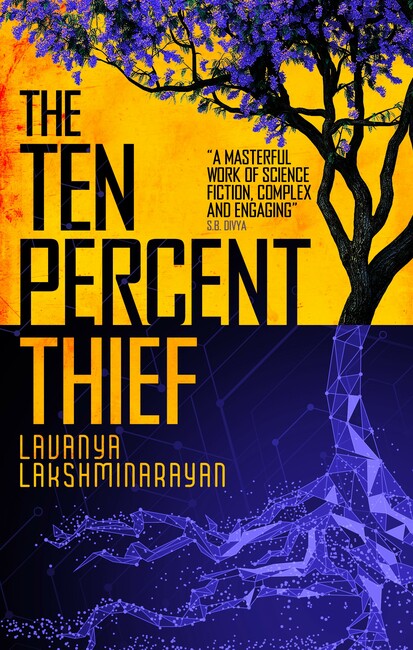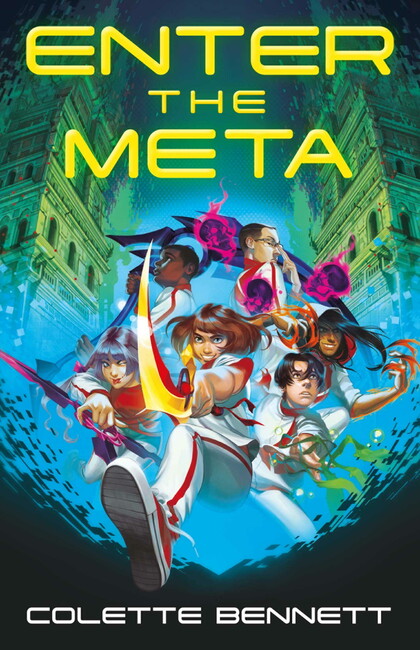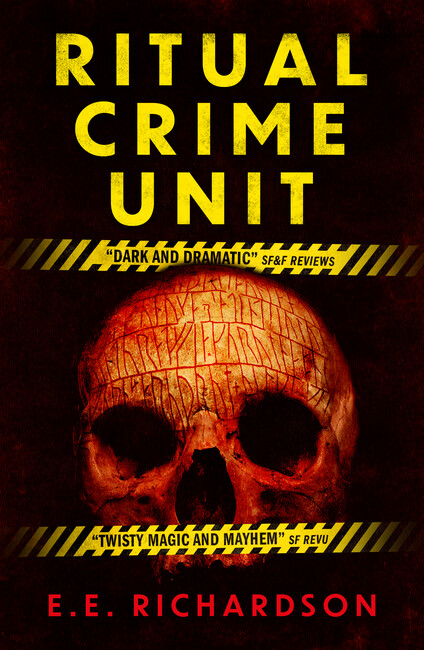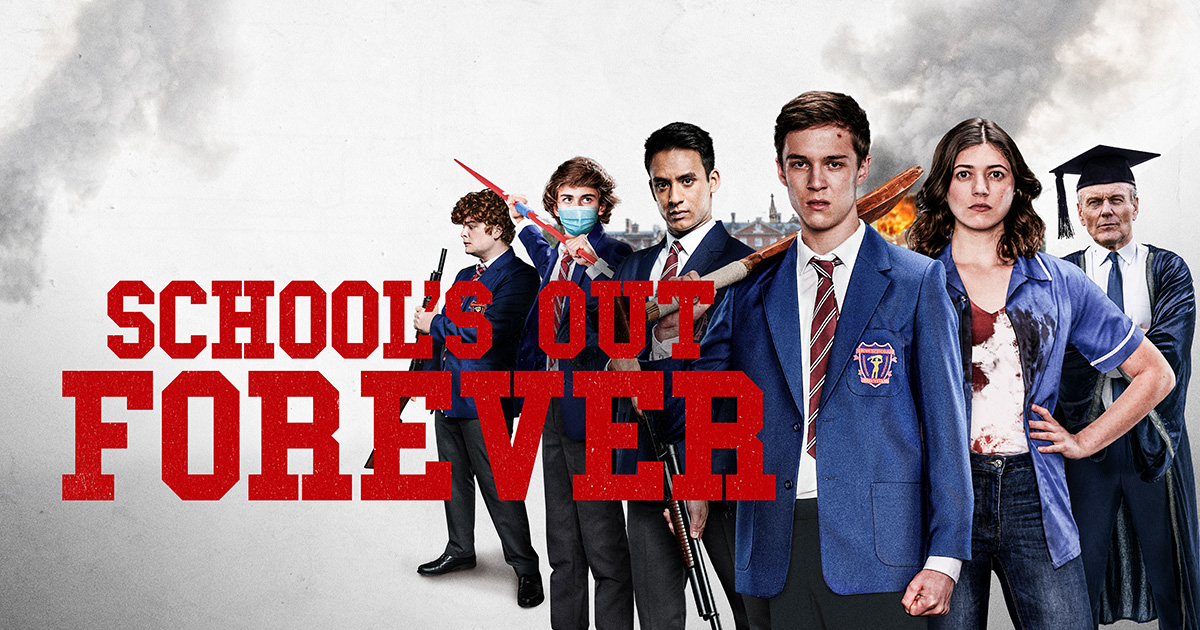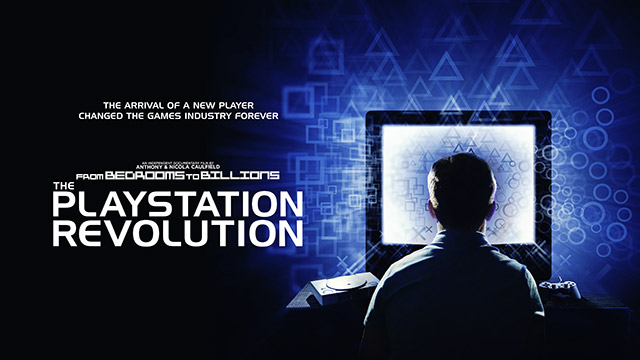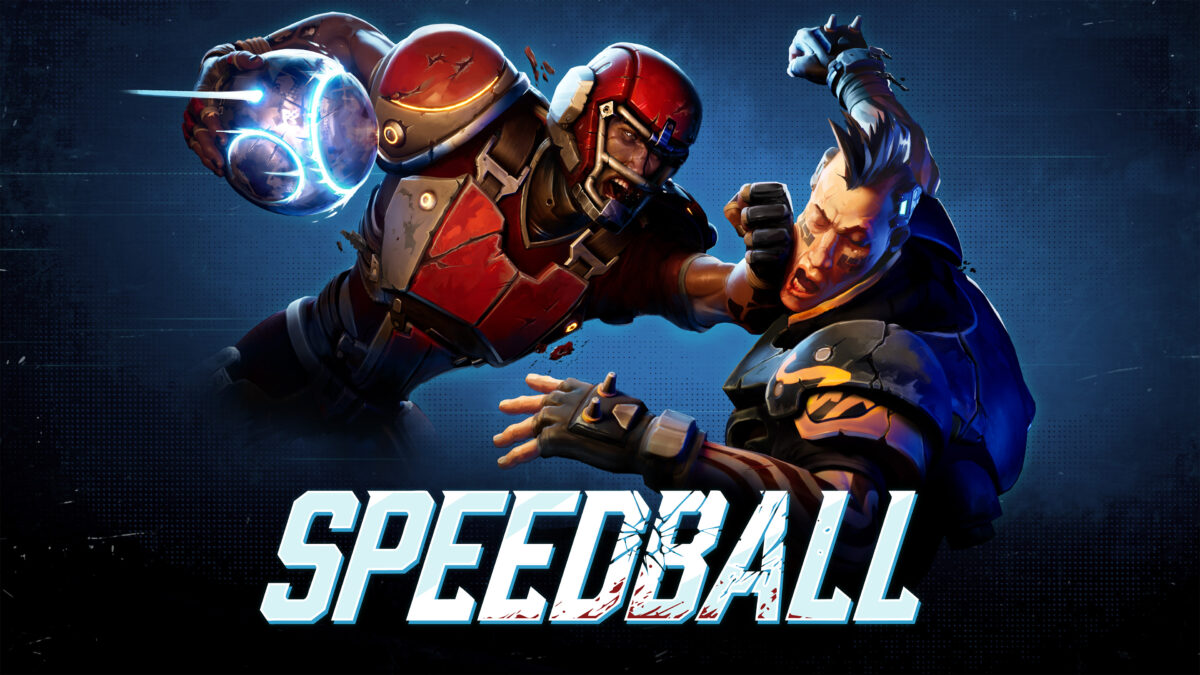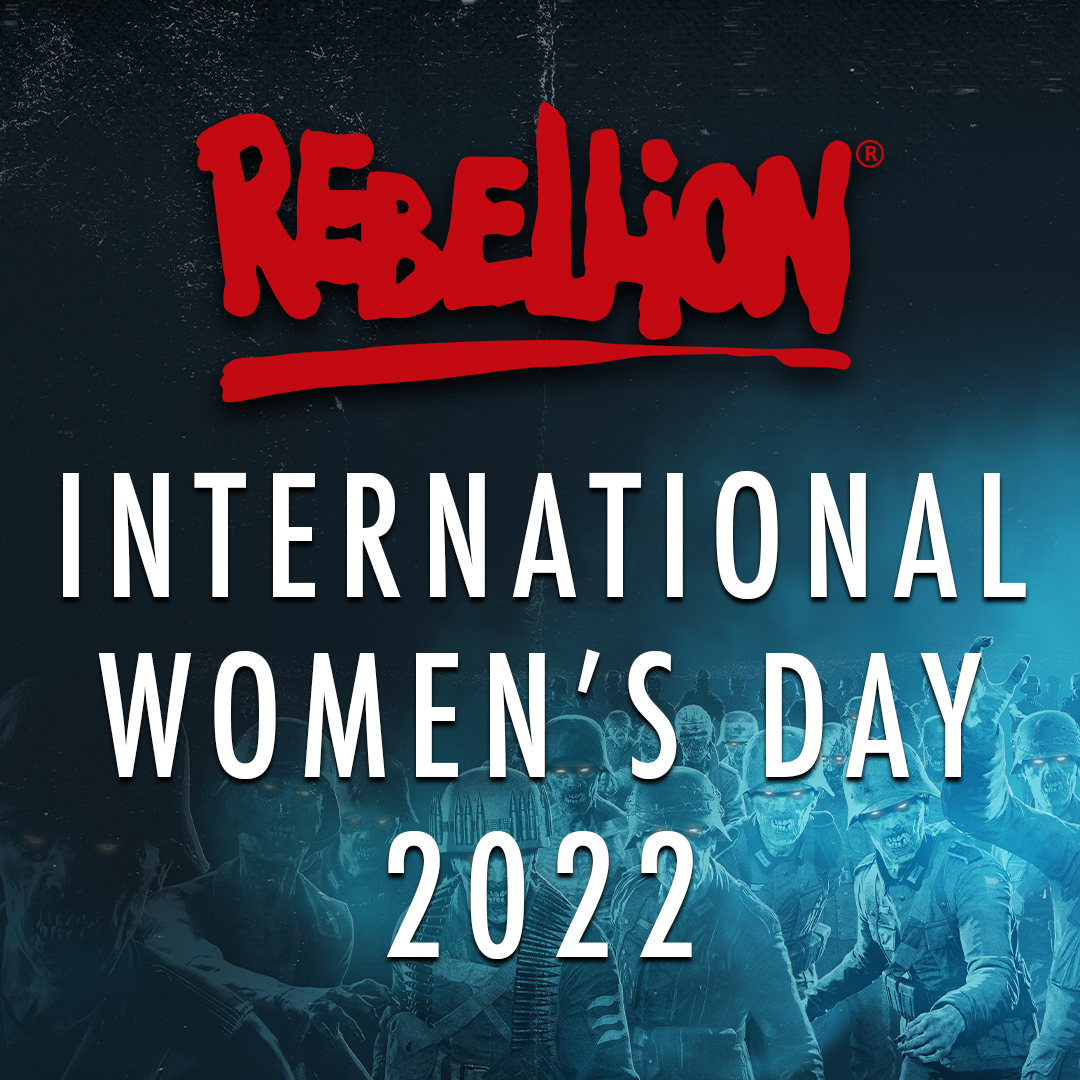
Diversity, particularly in the games industry, is always a hot topic, especially around this time of year. International Women’s Day (8th March 2022) and Women’s History Month (March every year) gives us an excellent opportunity to think and reflect about the D&I at Rebellion as well as on the makeup of the industry as a whole.
Working in a male-dominated industry is difficult when you come from a marginalised background and it’s important to remind ourselves of the positive impact diversity has on the games industry.
This International Women’s Day we asked our staff across the business to tell us why diversity is a great thing. Why it makes our games better, why it’s an important goal to be working towards, and why it’s the future of this industry.
These were their answers:

“Having both men and women in teams means you can benefit from the different points of view and approaches that come from different life experiences. A multiplicity of perspectives can spark creativity and innovation and help organisations spot and seize new opportunities. Plus, it helps you challenge gender stereotypes. According to research, companies with diverse teams have 19% higher revenue, and are 1.7 times more likely to be innovation leaders in their market..”

“Sometimes it’s easy to get bogged down with the weight and complexity of diversity. We all know there is absolutely work that needs to be done, but I find noticing the small wins, even on a day to day basis, can keep you motivated towards the overall goal.
In the last few years, I’ve personally found that my colleagues are incredibly dedicated to having open-minded discussions about a variety of topics. In my opinion, we can’t assure our own issues affect everyone, but we can stay pro-active and learn from one another. Perhaps then, our individual goals will become shared goals.“

“Did you know that a woman wrote the first-ever computer visual adventure game? Roberta Williams wrote Mystery House a visual text adventure game back in 1980. It’s amazing to know that women like Roberta have played a major part in building the computer game industry to where it is today!”

“Back in the stone age, gender was created for the partition of roles, and tasks dictated by the need of survival. That is not the society we live in anymore, and our stories and workplace should reflect that. This liberation from these constraints should be seen as a joyous event, where we get to explore a wonderful way for intellect and expression to manifest in ways it wasn’t possible before. The stories we tell and experiences we create should reflect that.”

“I’ve started a rule where I refuse to play a game that doesn’t let me play as a female protagonist. Has this limited my choice of game? Sure. Has this meant I actually have fun with the games I’m playing? Yes!
Games this has meant I’ve played? Ratchet & Clank: Rift Apart; Returnal; Half-Life: Alyx; The Last Of Us: Part II; Horizon: Forbidden West; Far Cry 6. All of these games engaged me far more than their counterparts where I couldn’t, and that’s got a lot to do with being able to actually relate and engage with the character I’m playing. There’s actual thought put into character and appearance that makes these games actually thought out.
This year may be the first year that I could play as a female character in every single game I play. That’s incredible.”

“Having a diverse workforce means we can aim for a better future for all. We all have different backgrounds and beliefs that when brought together create a better place to work. Working with people of all backgrounds allows us to widen our own understanding of different matters/beliefs/cultures/people etc, and the appreciation of those mean that we can create an inclusive future, free from bias, where people can be free to be exactly who they are and express themselves in a safe space.“
“Everyone should be able to be that person we all are when we are on our own, our true selves, but free from the fear of how people may react to that or judge us. It all starts by creating a diverse workforce where we spend time with people that we may not usually and are educated on how our differences make us super special! We all shine in different ways, when that is brought together its truly golden!“

“I drew inspiration from many characters in the video games I played growing up. Ocarina of Time, as an example, featured Sheik – a stoic warrior whose identity is shrouded in mystery through most of the game. The gender of Sheik was irrelevant… Their value came from their remarkable survival skills (and snappy, dramatic exits!), and that’s why I loved them. But that doesn’t mean gender representation in video games is irrelevant. We relate to characters we feel the most connection to. While for me, that’s characters whose gender is ambiguous, young girls should be able to find strong, capable, and inspiring characters that match their own gender. It’s empowering to find yourself, or the person you aspire to be, in the media you consume. We should all aspire to bring that empowering feeling to young girls, and I hope one day, they’ll be pioneering video games to the next level.“

“I have been in the industry for just under 10 years now, and I can honestly say that a noticeable difference is starting to be made. The difference has unfortunately been slow, but it is still there. Which each new job I have noticed my colleagues becoming more diverse as the demand of the industry slowly changes.
Diversity is not only good, it is a necessity if this industry wants to continue to grow and thrive. Diversity gives us the ability to better dive into the challenges that different genders, races, or cultures may face, and help the player become immersed in an experience which they might not otherwise be exposed to. This in turn can broaden a players horizons and knowledge of the world, which can help fight against a lot of the narrow-minded attitudes we see in the world today.”

“I have found it’s so important to create spaces in gaming where women can feel comfortable. Not only do these spaces help the women inside them, but can also inspire other women, younger and older, that gaming can be the place for them! I’ve been personally thanked by many after making women’s tournaments that helped women connect with each other and gave them a stepping stone into a community they previously felt excluded from or too overwhelmed to join.
I come from a background in esports where women often have been overly criticised or singled out due to their gender. I hope that by having more women join the gaming industry as a whole, we can snowball and inspire those to take part and take up and join development teams and enjoy gaming more without discrimination.“

“Having diverse teams means differing opinions which inevitably leads to a more creative and overall better product. This is true across all industries. When you take into account not just gender and ethnic diversity, but people with different backgrounds from you, people with different interests, different socio-economic backgrounds, these are all differing points of view that help push your creativity and improve whatever it is you’re making.
Diversity of backgrounds and diversity of interests makes the team more creative and gives you the opportunity to make your product appeal to a wider range of people. That what makes a good and effective team, and diversity is essential to that.“

“I remember one of my first ‘favourite games’ was Tomb Raider – not only was it the first time I’d seen a female protagonist in a game, she was not the classic ‘helpless woman’ I’d seen in the media and video games up to this point.
I think people underestimate the impact that that kind of diversity can have on people. I came from a really small town so video games were one of the ways in which I could broaden my horizons, see and hear stories from people who didn’t look like me, who had a different background to me. Diversity in games has the power to influence and help people see the world from another point of view and I think that’s very important.“






